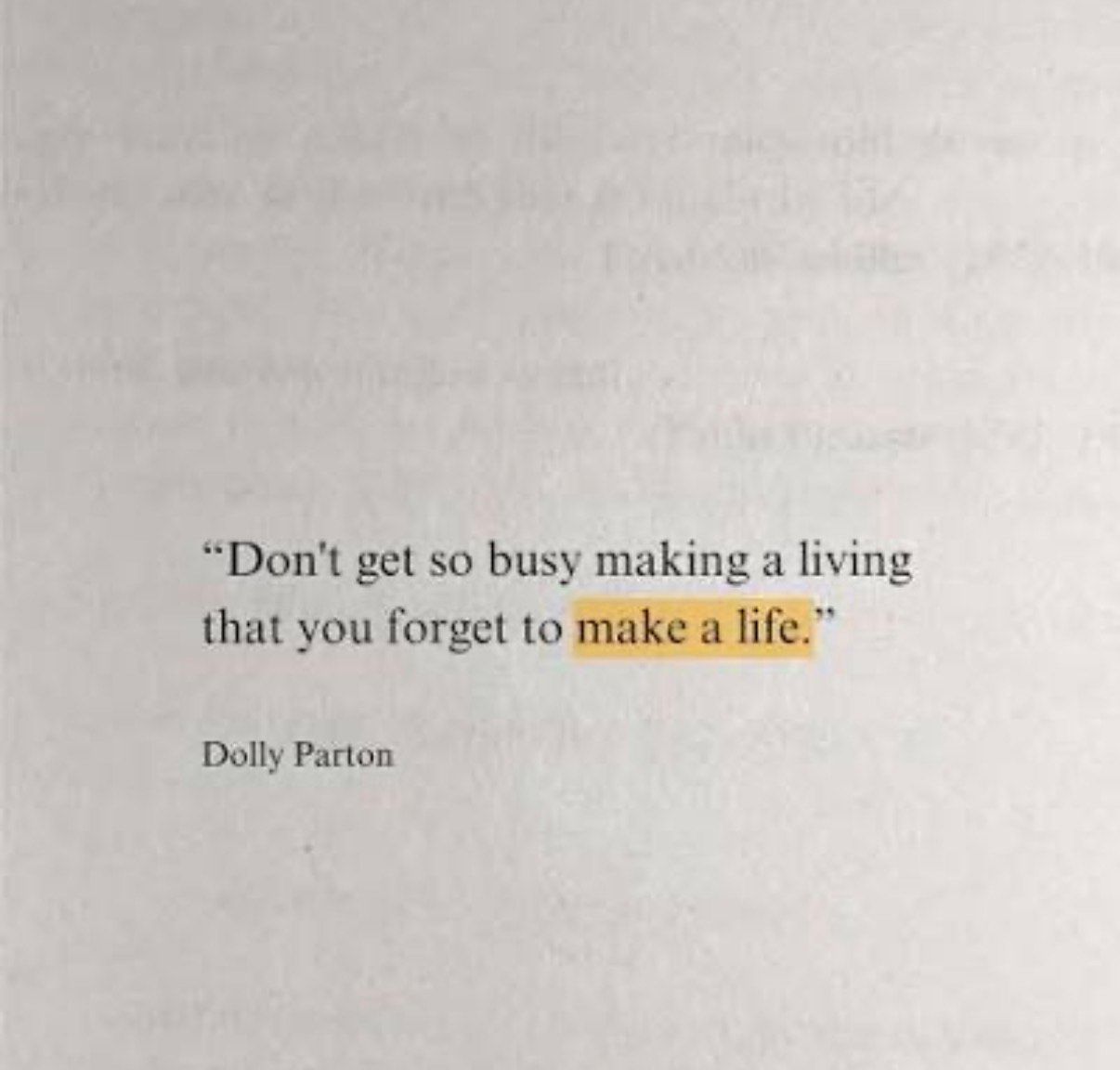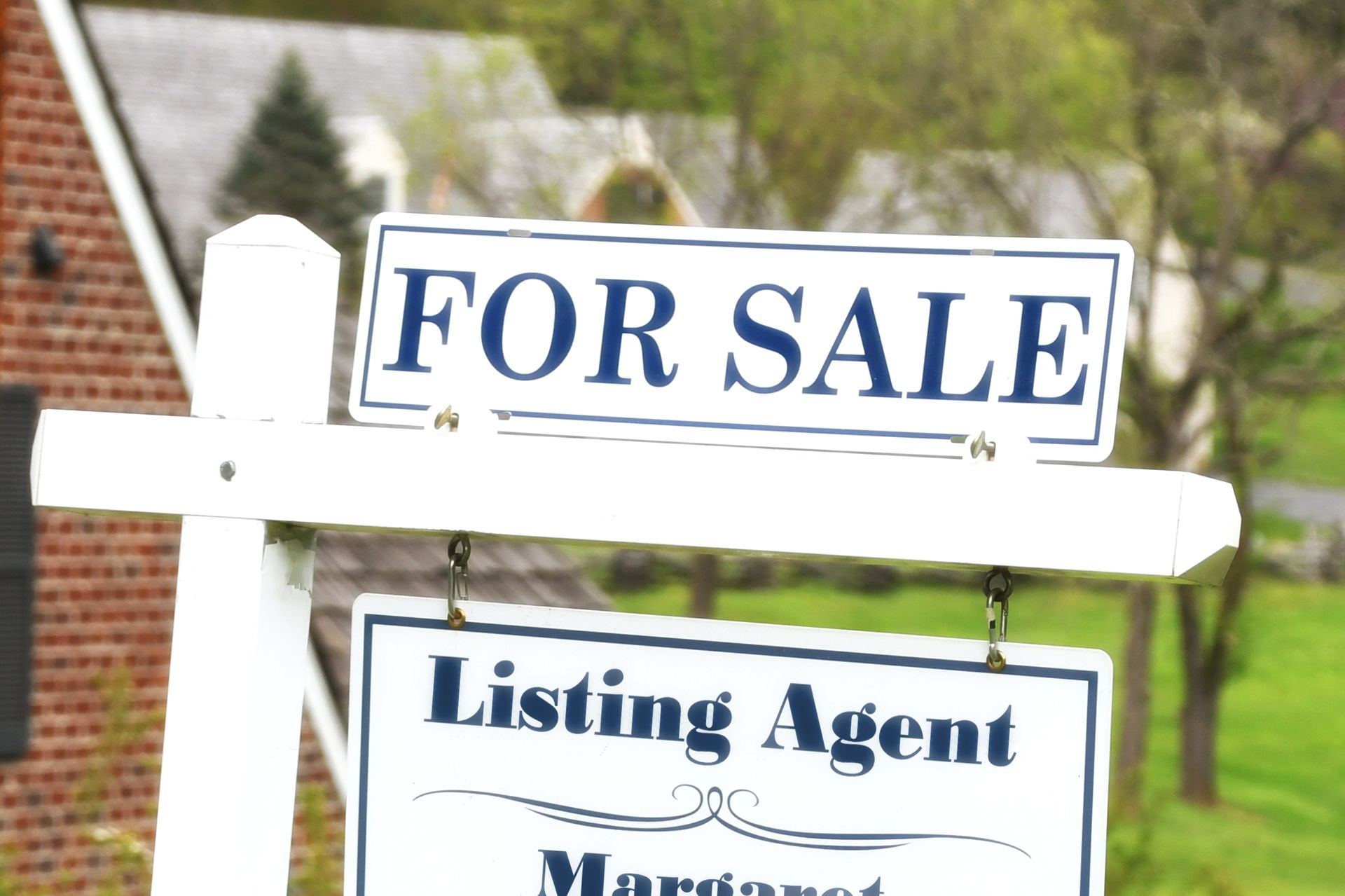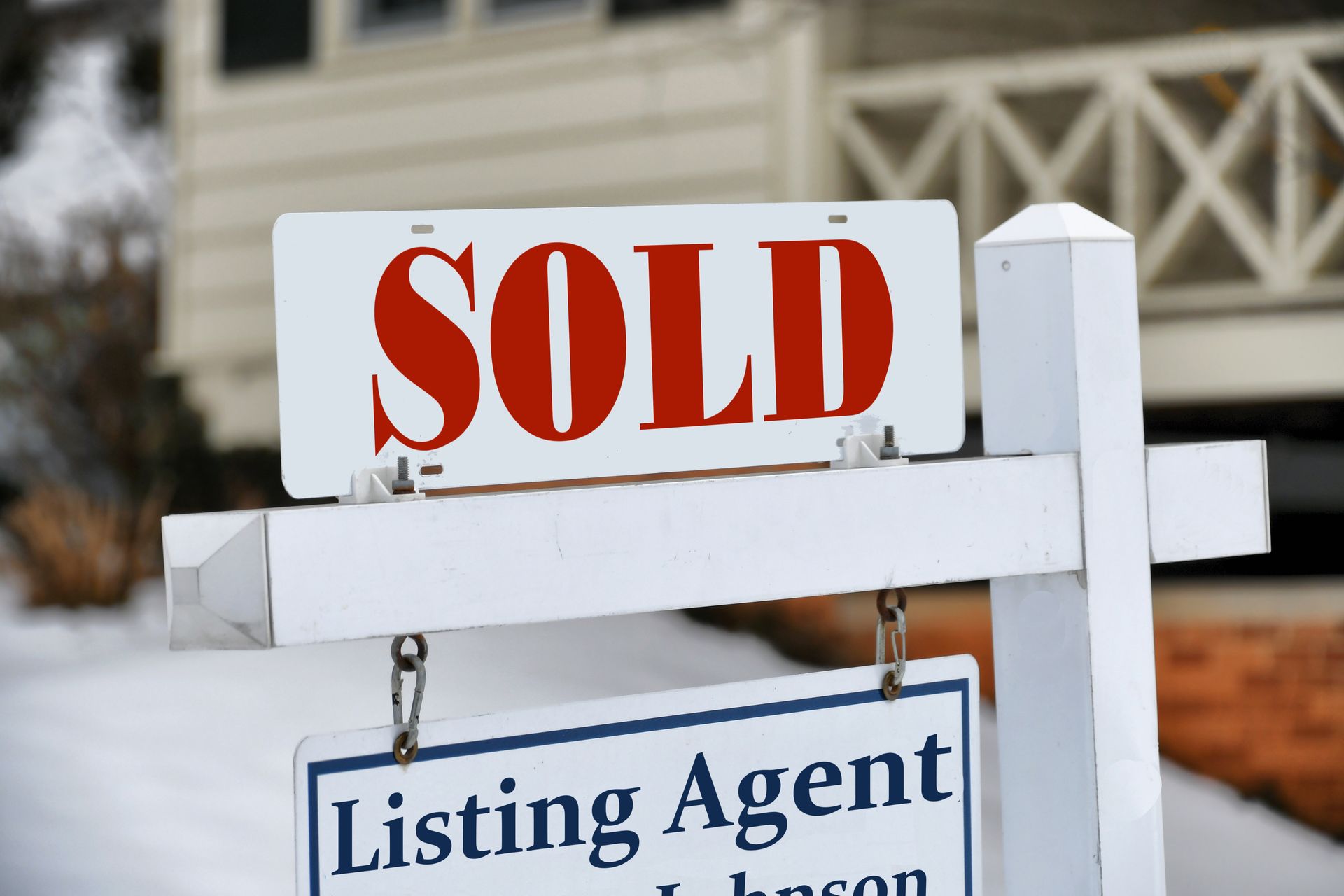How Much Money Do You Really Need to Buy a House?

When it comes to buying a house, many people believe that they need to have a large down payment saved up in order to qualify for a mortgage. While it is true that a down payment is an important part of the home buying process, there are actually several other costs and fees to consider as well. It's important to understand all of these costs in order to budget and plan ahead for the home buying process, and to determine what you can truly afford.
Definition of a Down Payment
A down payment is the portion of the purchase price of a home that you pay upfront, while the rest is covered by a mortgage loan. The size of the down payment is typically expressed as a percentage of the purchase price, and it can vary depending on the type of mortgage you get.
For most conventional loans, lenders require a minimum down payment of 5% to 20% of the purchase price. If you are unable to put down at least 20%, you will typically be required to pay private mortgage insurance (PMI), which is an insurance policy that protects the lender in case you default on your mortgage. The cost of PMI can vary, but it is typically around 0.5% to 1% of the loan amount per year.
For government-backed loans, such as FHA, VA, and USDA loans, the down payment requirements are typically lower. FHA loans, for example, allow for down payments as low as 3.5% of the purchase price, and VA and USDA loans do not require a down payment at all. These types of loans may have more lenient credit and income requirements, making them a good option for first-time homebuyers or those with less-than-perfect credit.
In addition to the minimum down payment requirements, it is generally recommended that homebuyers aim to put down at least 20% of the purchase price in order to avoid paying PMI and to build equity in the home more quickly. However, it's important to keep in mind that a higher down payment does not necessarily guarantee that you will get a better mortgage rate or that you will avoid all closing costs.
Different Loan Options Available to Homebuyers
In addition to the different down payment requirements, there are also several types of loans available to homebuyers, each with its own set of terms and conditions. Here is a brief overview of some of the most common loan options:
● Conventional loans: These are loans that are not backed by the government and are typically offered by banks, credit unions, and mortgage companies. Conventional loans often have stricter credit and income requirements than government-backed loans, and they typically require a minimum down payment of 5% to 20%.
● FHA loans: These loans are backed by the Federal Housing Administration and are designed to make it easier for first-time homebuyers to qualify for a mortgage. FHA loans have more lenient credit and income requirements, and they allow for down payments as low as 3.5% of the purchase price. However, FHA loans do require mortgage insurance, which can add to the overall cost of the loan.
● VA loans: These loans are available to military personnel and veterans and are backed by the Department of Veterans Affairs. VA loans do not require a down payment and have more lenient credit and income requirements than conventional loans. However, VA loans do have a funding fee, which is a percentage of the loan amount that goes towards supporting the VA home loan program.
● USDA loans: These loans are available to buyers in rural areas and are backed by the United States Department of Agriculture. Like VA loans, USDA loans do not require a down payment and have more lenient credit and income requirements. However, they are only available in certain areas, and the property must meet certain criteria in order to qualify.
Other Costs and Fees to Consider When Buying a House
In addition to the down payment and any mortgage insurance premiums, there are several other costs and fees to consider when buying a house. These can include:
● Closing costs: These are the fees that are typically associated with the closing or settlement process, such as mortgage origination fees, title insurance, and closing or settlement fees. Closing costs can vary depending on the lender, the type of mortgage you get, and the location of the property, but they are typically around 2% to 5% of the purchase price.
● Pre-closing costs: These are the costs that are incurred before the closing, such as home inspections and appraisals. These costs can vary depending on the type of property you are buying and the location, but they are typically around $500 to $1,000.
● Ongoing costs of home ownership: After you close on the property, there are several ongoing costs of home ownership to consider, such as property taxes, homeowners insurance, and maintenance and repair expenses. These costs can vary depending on the location and condition of the property, but it's important to budget for them in order to ensure that you can afford to keep your home.
Ways to Save Money When Buying a House
There are several ways that you can save money when buying a house, including:
● Shopping around for the best mortgage rates: By comparing rates from multiple lenders, you can potentially save thousands of dollars in interest over the life of your loan.
● Negotiating with the seller to cover some or all of the closing costs: Depending on the market conditions, it may be possible to negotiate with the seller to cover a portion or all of the closing costs. This can save you money upfront, but it's important to make sure that you are not paying more for the property as a result.
● Taking advantage of programs and assistance for first-time homebuyers: There are several programs and assistance options available for first-time homebuyers, including down payment assistance grants, low down payment mortgage options, and closing cost assistance. These programs can help make it easier for you to afford the upfront costs of buying a home.
It's important to carefully consider how much money you need to buy a house, as there are several costs and fees involved in the home buying process. While the size of your down payment will depend on your financial situation and the type of mortgage you get, it's important to budget for all of the other costs and fees as well, such as closing costs, pre-closing costs, and ongoing costs of home ownership. By understanding all of these costs and taking steps to save money, you can better ensure that you are prepared to make the financial commitment of homeownership. As a real estate agent, I have seen firsthand the importance of understanding all of the costs and fees involved in the home buying process. If you have any questions about these costs or need help budgeting for them, don't hesitate to reach out. I'm always here to help you navigate the home buying process and make informed decisions.













